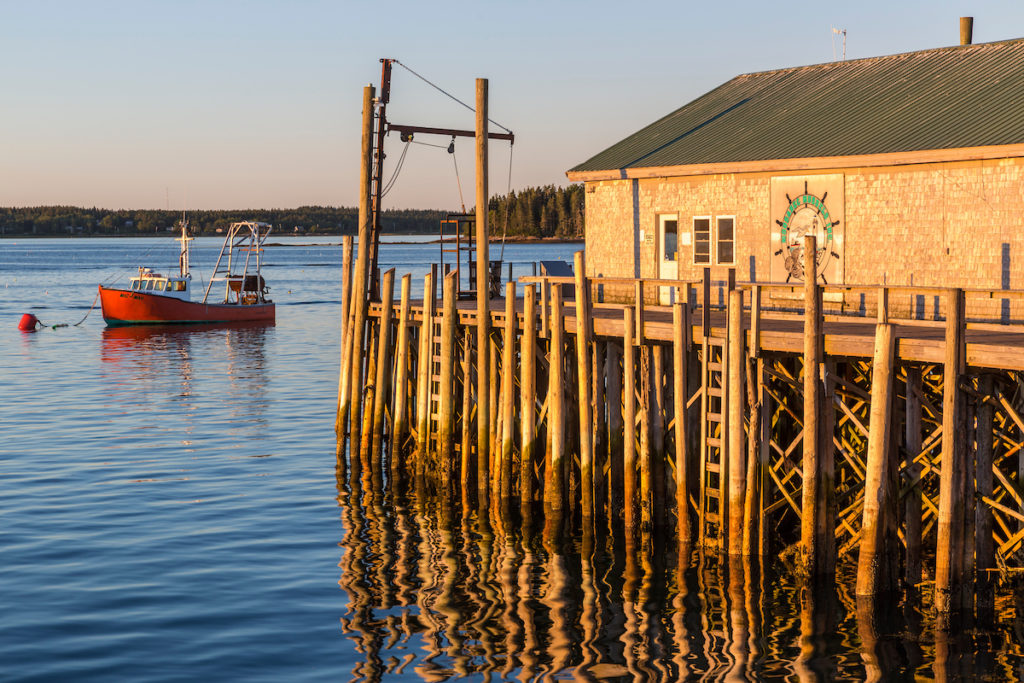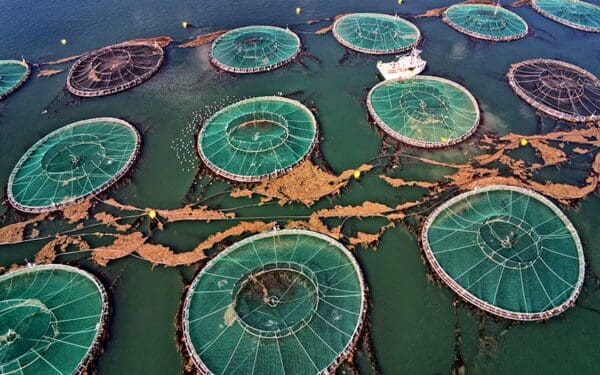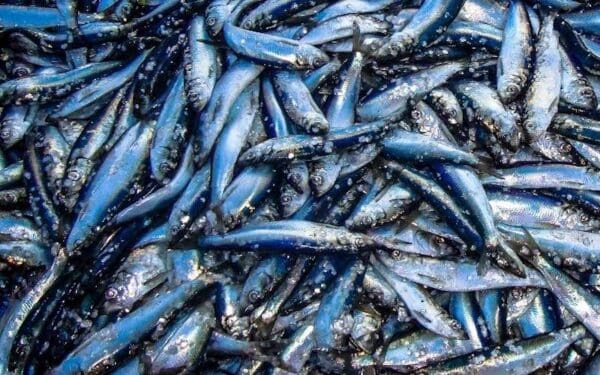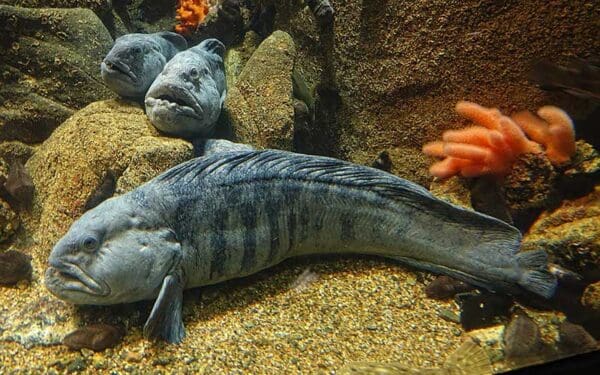
©Jerry and Marcy Monkman/EcoPhotography
President Trump’s Secretary of Commerce, Wilbur Ross, is making waves in fisheries management—and setting a dangerous precedent that may undermine future efforts to protect vulnerable fish stocks in the Northeast.
Earlier this month, Secretary Ross took the unprecedented action of overruling a fisheries management action made by the Atlantic States Marine Fisheries Commission. The Commission was established by Congress in the 1940s to promote fishery management, conservation, and science. Since then, the Atlantic coast states have worked together through the Commission to cooperatively manage and protect shared fishery resources that migrate across state borders.
For decades, the federal government has respected the Commission’s recommendations and sought local input prior to making final decisions – that is, until now. In an alarming reversal of precedent, Secretary Ross rejected the Commission’s science-based recommendations regarding overfished summer flounder, putting the species and our marine ecosystems at risk.
Based on science indicating that the population of summer flounder (also called fluke) has plummeted in recent years to unsustainable levels, the Commission concluded that summer flounder are overfished. The decline of summer flounder has broad impacts on the commercial and recreational fishing industry, as well as our region’s marine ecosystems. Recognizing the importance of a healthy stock, the Commission reduced catch limits to help prevent further decline of summer flounder and avoid even more drastic reductions in the future.
New Jersey’s Unsustainable Plan
Under the influence of some in the fishing industry, the state of New Jersey tried to propose an alternate, less-protective plan for summer flounder. But Commission scientists determined that New Jersey’s proposal was not protective enough and would have allowed tens of thousands of additional summer flounder to be caught. So the Commission rejected New Jersey’s proposal.
Instead of respecting the states’ science-based consensus decision, however, Secretary Ross second-guessed the Commission and summarily approved New Jersey’s plan, allowing Garden State fishermen to harvest more summer flounder. And what’s more, against longstanding practice, the Secretary did not formally seek local federal regulators’ input prior to his decision.
New England officials are understandably and properly incensed by the Secretary’s action, and so are we. Increasing catch of summer flounder is against the best science and against the long-term interests of all who have a stake in healthy fisheries. This is representative of the Trump administration’s broader disregard for science-based decision making and public process.
Setting a Dangerous Precedent
More critically, however, the Secretary’s decision to disregard the Commission is a dangerous break from decades of practice. It weakens the ability of the Commission to take sensible measures to end overfishing and protect valuable shared resources going forward. The Commission process is effective because it holds states accountable to one another. If a state can now simply disregard the Commission and its policies and advance its insular agenda through federal political channels, the effectiveness of the Commission in protecting our shared ocean resources has been severely compromised.
The federal government has broad powers to shape ocean and coastal policy, even at the state level. But Congress has channeled those powers through regional management processes like the Commission for Coastal Fisheries and the New England Fishery Management Council for fisheries further offshore. It’s more important now than ever for ocean users to condemn political manipulation of the system and to speak up for sustainable fisheries management and science-based decision making.
Call your Senators at 202-224-3121. Urge them to protect the valuable marine resources that are so important to New England’s economy and culture. We need an administration that puts people over politics. The integrity of our fisheries management systems and the long-term sustainability of our fisheries depend on it.




